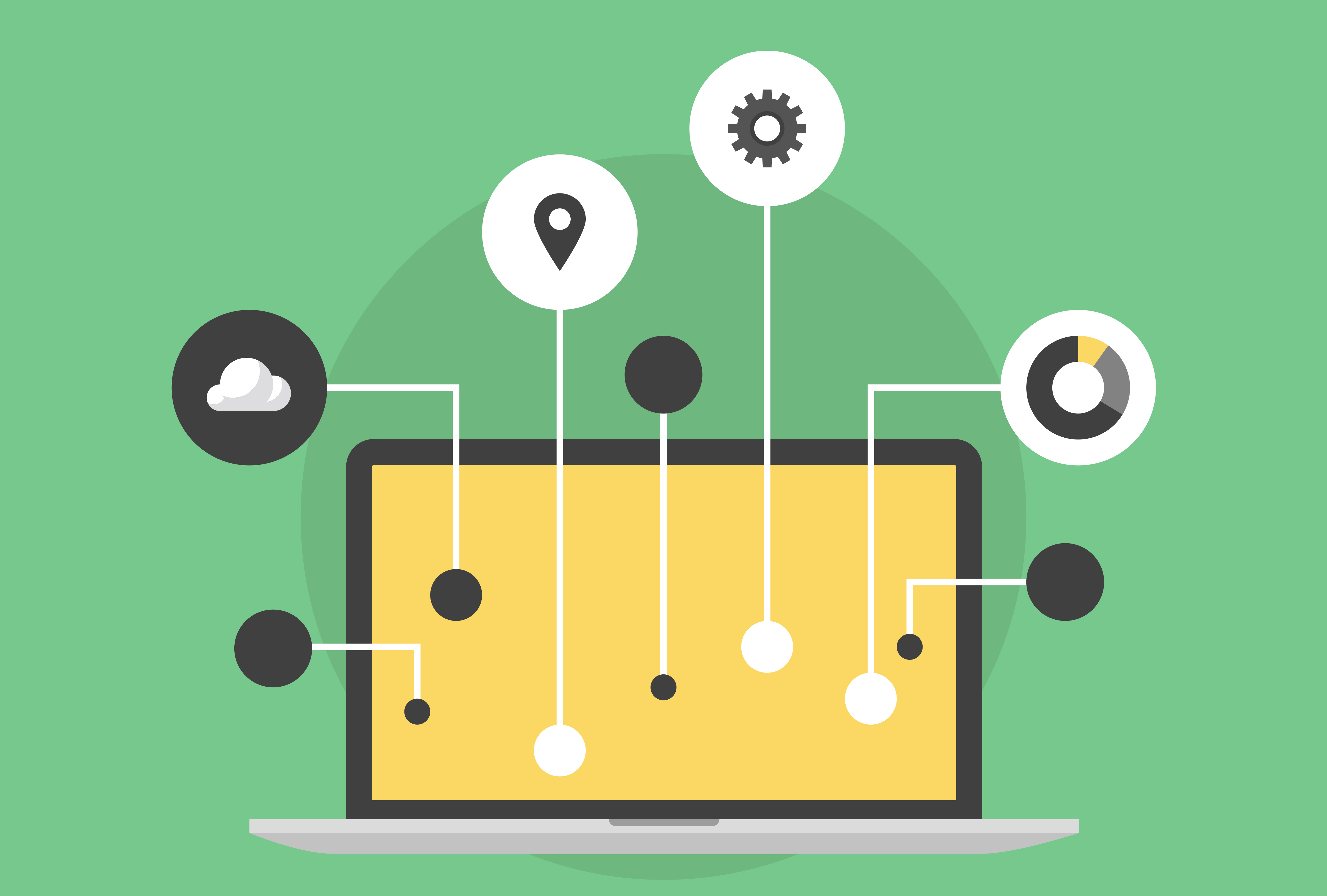

Verizon has opened up about its global Internet of Things (IoT) strategy, which includes the launch of an IoT platform called ThingSpace.
The US telecommunications giant said that it is in the process of creating both the tools (ThingSpace) and the infrastructure (a dedicated LTE network) needed to kick-start the uptake of connected devices and data.
Verizon also said that ThingSpace gives it the opportunity to “launch integrated vertical solutions simply, in an open environment.” And the firm has not stopped there. It rounded off its IoT approach with a number of other innovations as well.
This includes the creation of a new dedicated network LTE network to be used by connected devices. That new network comes after Verizon said last month that it will hold field tests of 5G technology as early as next year.
Verizon also said that it is seeking to commercialise its big data analytics engine for IoT deployments; is introducing three new end-to-end smart cities solutions (Intelligent Video, Intelligent Lighting and Intelligent Traffic Management); and is aiming to take on the “big challenges in agriculture, healthcare, the consumer electronics evolution and the sharing economy.”
“Continued innovation in smart cities, connected cars and wearables demonstrates that IoT is the future for how we will live and work,” said Mike Lanman, senior VP Enterprise Products at Verizon.
“Despite the exciting potential, IoT is still too complex, too fragmented, too expensive to connect and too hard to scale,” said Lanman. “Success in that future relies on a leader that can cut through the complexity and change the IoT model. That’s where Verizon comes in. With our experience in networks, devices, platforms and applications, we are taking a holistic approach to simplifying adoption to expand the IoT market from millions to billions of connections.”
Verizon says it is already a big player as it boasts an ecosystem of more than 1,000 channel partners and revenue from its IoT and telematics solutions totalling $495m (£324m).
Indeed Verizon claims that it is currently generating one of the largest amounts of revenue from the Internet of Things of any company in the United States.
Verizon is not the only player in the IoT sector.
Earlier this month Amazon Web Services launched its own IoT platform called Amazon IoT. The service will allow users to build IoT applications, as well as collect data from IoT sensors. Cisco has also recently rolled out IoT packages aimed at specific industries, including the manufacturing, transportation, utilities, and oil and gas sectors.
Meanwhile this week in the UK Ofcom finalised plans for the auction of 2.3GHz and 3.4GHz bandwidth vacated by the Ministry of Defence (MoD), and will sell off the airwaves, ideal for IoT and 4G mobile broadband services, in early 2016.
Try our cloud quiz here!
New chapter for famous name from Internet's early days, Napster, has been acquired and will…
Solving not-spots? Ofcom proposal to make UK the first European country to allow ordinary smartphones…
Pioneering robotaxi service from Alphabet's Waymo to go live in Washington DC next year, as…
Dozens of Chinese firms added to US export blacklist, in order to hamper Beijing's AI…
Chinese rival BYD overtakes global revenues of Elon Musk's Tesla, as record number of Tesla…
Messaging app Signal in the headlines after a journalist was invited to a top secret…